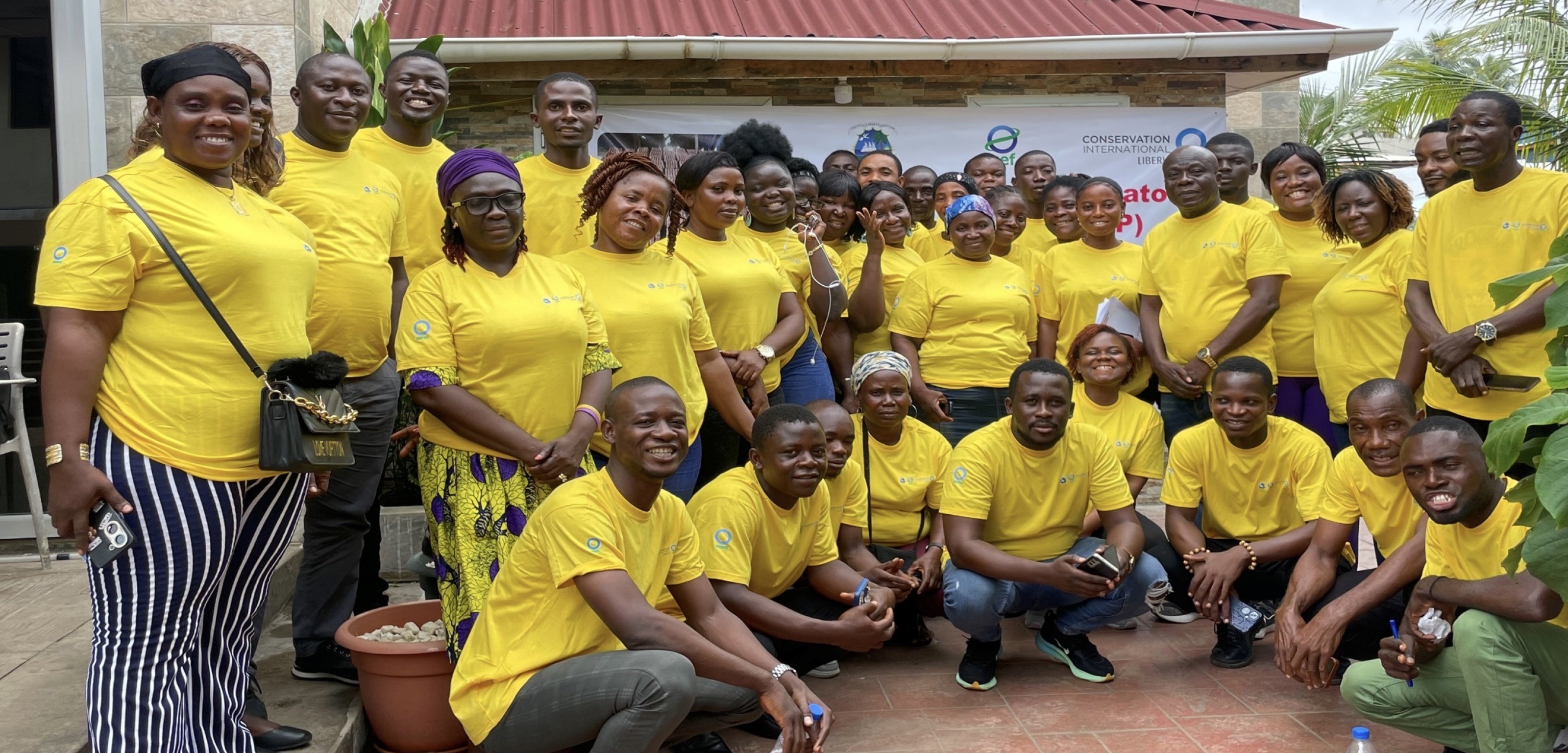Adaptation Accelerator Program: Building Climate Resilience through Enterprise Acceleration
Description
The project’s objective is to catalyze investment in adaptation-focused Small and Medium Enterprises (SMEs), through adaptation accelerators in Least Developed Countries -in this case, targeting Liberia and Madagascar. Specifically, the project seeks to diversify and promote resilient livelihoods and income sources for at least 30,000 community members, of which 50% are women; implement climate-resilient land use practices on 15,000 hectares; and mobilize at least USD 1.5 million in new financing to develop adaptation-focused SMEs through investments and market access agreements.
Liberia, Madagascar
AAP is aiming to explore how conservation organizations can work with the private sectors, SMEs and investors to foster climate adaptation while making a business case. With funding from the GEF, Conservation International is solving this challenge by using innovative approaches to pilot this by working with 30 SMEs (15 in Liberia and 15 in Madagascar) from priority investment adaptation sectors. The project introduces a unique financing model using repayable grants supported by a revolving fund, which contrasts with traditional grant mechanisms and equity-based accelerator models. This approach not only enhances entrepreneurship and innovation but also allows for the sustainable scaling of support to additional SMEs over time. Additionally, the project is designed for replication and scaling up, aiming to foster a global community of practice and attract large-scale private sector financing for adaptation SMEs. Examples of how this project introduces innovative approaches include:
1. Targeted Adaptation SMEs: The project specifically targets SMEs relevant to climate change adaptation, addressing a critical gap in enterprise development for resilience.
2. Repayable Grants and Revolving Fund: The project will use repayable grants supported by a revolving fund, helping SMEs build a track record of debt service and secure future financing.
3. Scalable and Replicable Model: The project is designed to be replicated and scaled up in other countries, creating a sustainable and growing investment ecosystem for adaptation SMEs.
4. Integration with ASAP Solutions Taxonomy: The project leverages the ASAP Solutions Taxonomy to guide investments in adaptation SMEs, refining the framework based on practical experiences.
5. Publicly Available Resources: The training curriculum and guidance tools developed are publicly available, allowing other investors, accelerators, and entrepreneurs to benefit from the project’s insights and methodologies, fostering a broader community of practice.
The diagnostic analysis that was carried out at the inception of the accelerator program was very helpful in collecting and evaluating the key performance indicators of each SME and also to provide accurate and relevant data to guide the actions to be taken, hence reducing biasness in criteria used for cohort selection.
Another lesson learnt is on the value of cohort-based sessions utilizing a hybrid format (in person and virtual). This format has allowed participants to share insights, address common challenges, and build a network of support, ultimately enhancing the overall effectiveness of the project. The shared learning experience has significantly strengthened capacity-building efforts across the cohort. This can only succeed with clear and effective communication arrangements. AAP innovative achievements stand out for its engagement with local communities, SMEs, and cooperatives in co-designing solutions that address real needs while leveraging indigenous knowledge.
Thanks to the mentoring sessions, we have been able to set up more effective task management, with deadlines and performance indicators. We're also making progress on preparing pitch deck, business plan and finding investors. Finally, I've reinforced my understanding of the resilience of agricultural systems, the reduction of import dependency and the promotion of a circular model.
The mentoring sessions taught us many valuable lessons. Thanks to the mentoring on green financing, we were able to prepare a solid investment application, notably with major donors such as the World Bank.
Through the Conservation International Adaptation Accelerator Program’s cohort training, we overcame challenges in scaling up, managing operations, securing funding for a palm kernel oil milling machine, and improving our financial management systems. The training surpassed our expectations, equipping us with the tools for substantial growth and laying a strong foundation for future expansion.

